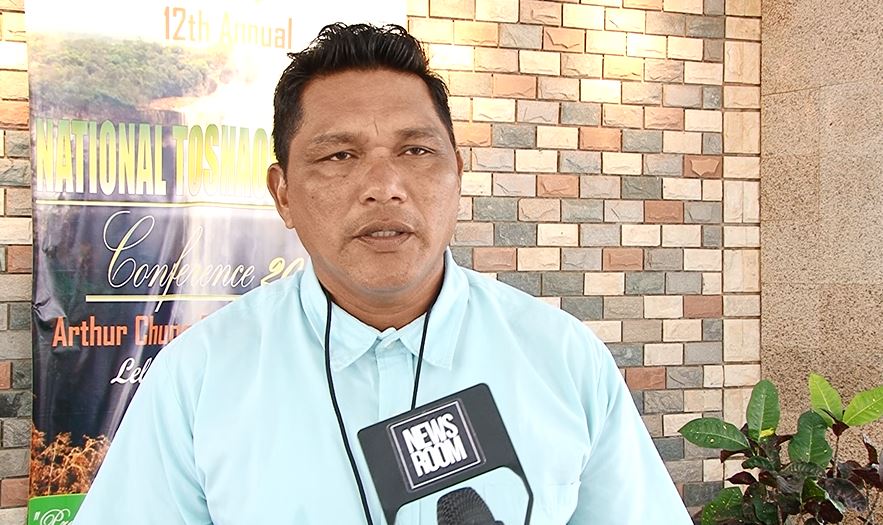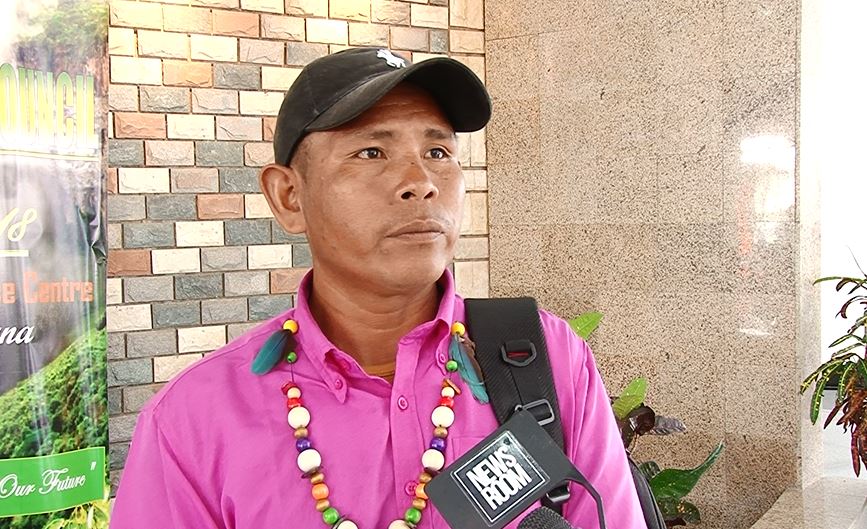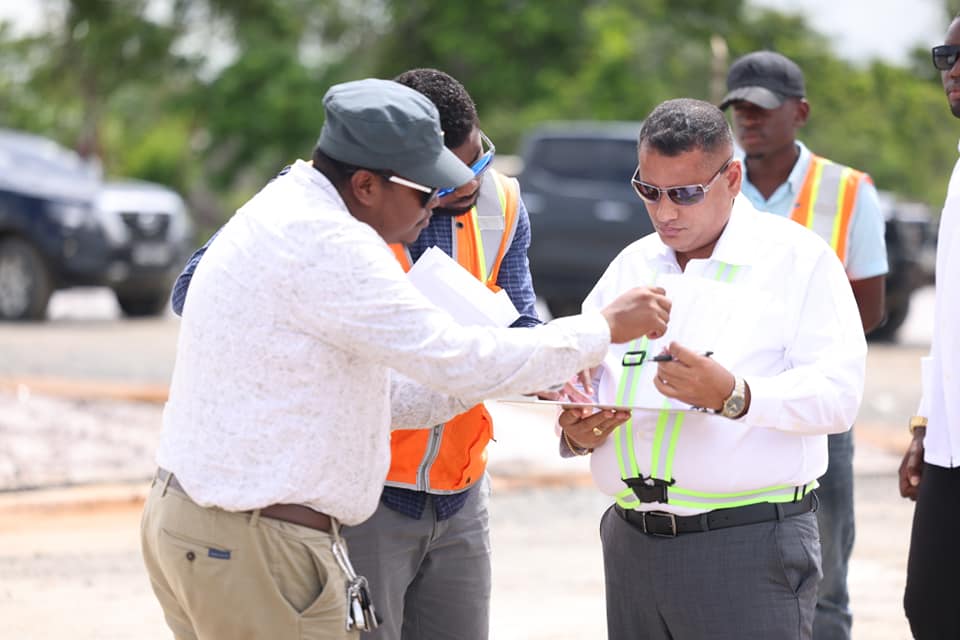By Bibi Khatoon
Several villages along the border communities with Venezuela have had to deal with a large influx of Venezuelans as the economic crisis in that country worsens.
Only recently, News Room reported that100 persons, mostly from the Warrau tribe, crossed the border and settled in Region One.
The situation is causing a strain on the Region’s health care system and results in the villages’ funds to run low.
Additionally, the provision of food has also become difficult, according to Toshao of Whitewater, Ernest Samuels.
“They are coming and we cannot stop them. We are trying as best as we could to assist them,” the Toshao noted.

Whitewater, in the Barima-Waini Region, is located just a few miles from the border with Venezuela. It has a total of 1,600 residents but that number is now constantly increasing.
“They don’t have no jobs, they just come. We of our self try our best to assist them in giving them accommodations, some of them get lands already in the village and in terms of food situation, it is very rough…
“The children are naked, don’t have no clothes and even so, at the moment most of them are sick, the children are anaemic,” Samuels explained.
In addition to malnutrition, a number of the refugees are suffering from Malaria and rashes while there are also pregnant mothers who are in need of assistance.
While the presence of Cuban doctors in the Region has proven to be helpful in communicating with the Venezuelans who speak Spanish and Warrau, travel to the Mabaruma Hospital is tedious.
“We also request the doctors to go and do some vaccination on them so the doctors are there to visit them and said they will be back to give them vaccination,” the Toshao told News Room Wednesday.
The Village is using its money to transport the refugees to and from the medical institution and also to evacuate some of them to Georgetown.
The Toshao told News Room that there were two children who were still hospitalised but sadly one died from malnutrition and malaria.
Over in the village of Inaitaru, over 50 Venezuelans have settled there.
Inaitaru, which is also located in close proximity to the border with the Spanish speaking country, is much smaller than Whitewater with between 200-300 residents.
Stanley Sam, CDC Chairman for Inaitaru, said the families arrived in his Village just a few days ago.
He is currently attending the National Toshaos Conference (NTC) but noted that more families are arriving each day.

He is hoping that he can lobby Indigenous organizations and the Government at the NTC to get some assistance.
“I need help from maybe the Ministry of Indigenous People’s Affairs so that we can help them. We’re also looking to building houses for them but one thing we are struggling for is the chainsaw for the community to cut material for the house.”
The Villages have received some support from Food for the Poor and the United Nations Development Fund (UNDP) office here, but this too has depleted.
Regional Chair, Brentnol Ashley recently told News Room that the refugees have also settled in the communities of Khan Hill, Kamwatta, Smyth Creek and Powaikaru in the Mabaruma Sub-region.
He was at the time pleading with persons to lend assistance in the form of clothing, food items, water, mattresses or cots and other items to the Office of the Regional Democratic Council (RDC) – Mabaruma Compound. Persons who need more information are asked to contact 777- 5029.






